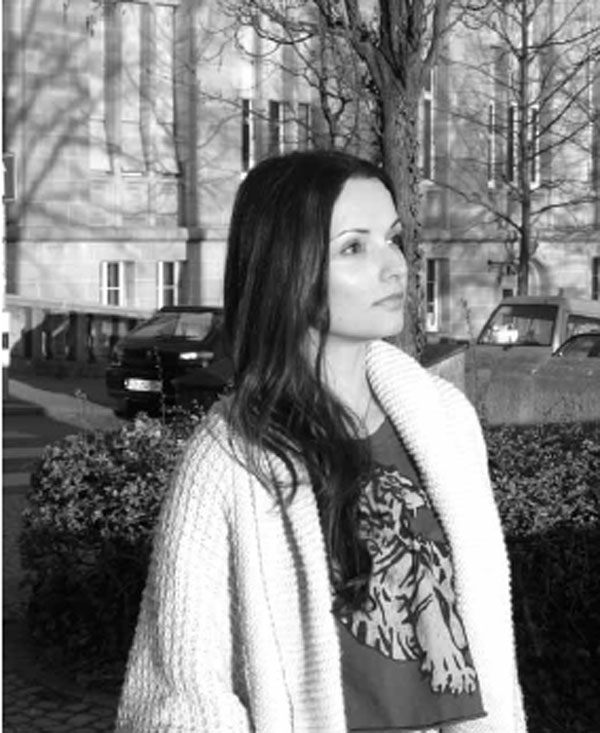
Irini Miga studied in Αthens School of Fine Arts and in Central Saint Martin’s in London but for the last year lived in Zurich. Numerous exhibitions, both here in Greece and Europe, have featured her work in addition to solo shows in Tokyo and The Breeder in Athens. Some of her pieces are included in the Dakis Ioannou collection while in a few months she goes back to studying. This time in New York.
In what way does the art scene in Zurich differs from the one in Athens?
Both cities’ scenes are way different; not only in circumstances and context but also in people’s outlook. In Zurich everything is calm. Switzerland is known for its neutral political stand, a powerful economy and an excellent organisation across all operations. Athens, and Greece in general, carries the load of history and the idea of Greece within a complex of sociopolitical and economic hardships. All these make it alive. All these make the heartbeat pulsate throughout the centuries making artists strong willed and with particular expression.
Why would a young artist chose to base in Zurich and how do they -both swiss and international artists- respond to the weight of Dadaism and Swiss art tradition in general?
Cabaret Voltair, where Dadaism was born, is active for some years now hosting exhibitions, various projects and conferences promoting contemporary discourse. Also Zurich Arts Club, a small community of artists has been created here and this activity brings to mind other historical shiftings based on the city.
What influences your work? Every piece seems to narrate a story while i sense a hint of sarcasm and a mixture of techniques, sources and references, especially in your paintings.
I grew up in Larissa and my local environment had a tremendous influence in my work. Thessaly is a region rich in traditions and ancient myths. My grandma’s embroidery, the fairytales, my grandpa’s farming tools and the way these experiences were brewed inside me, created a certain material.
Interview: Andreas Dimopoulos



